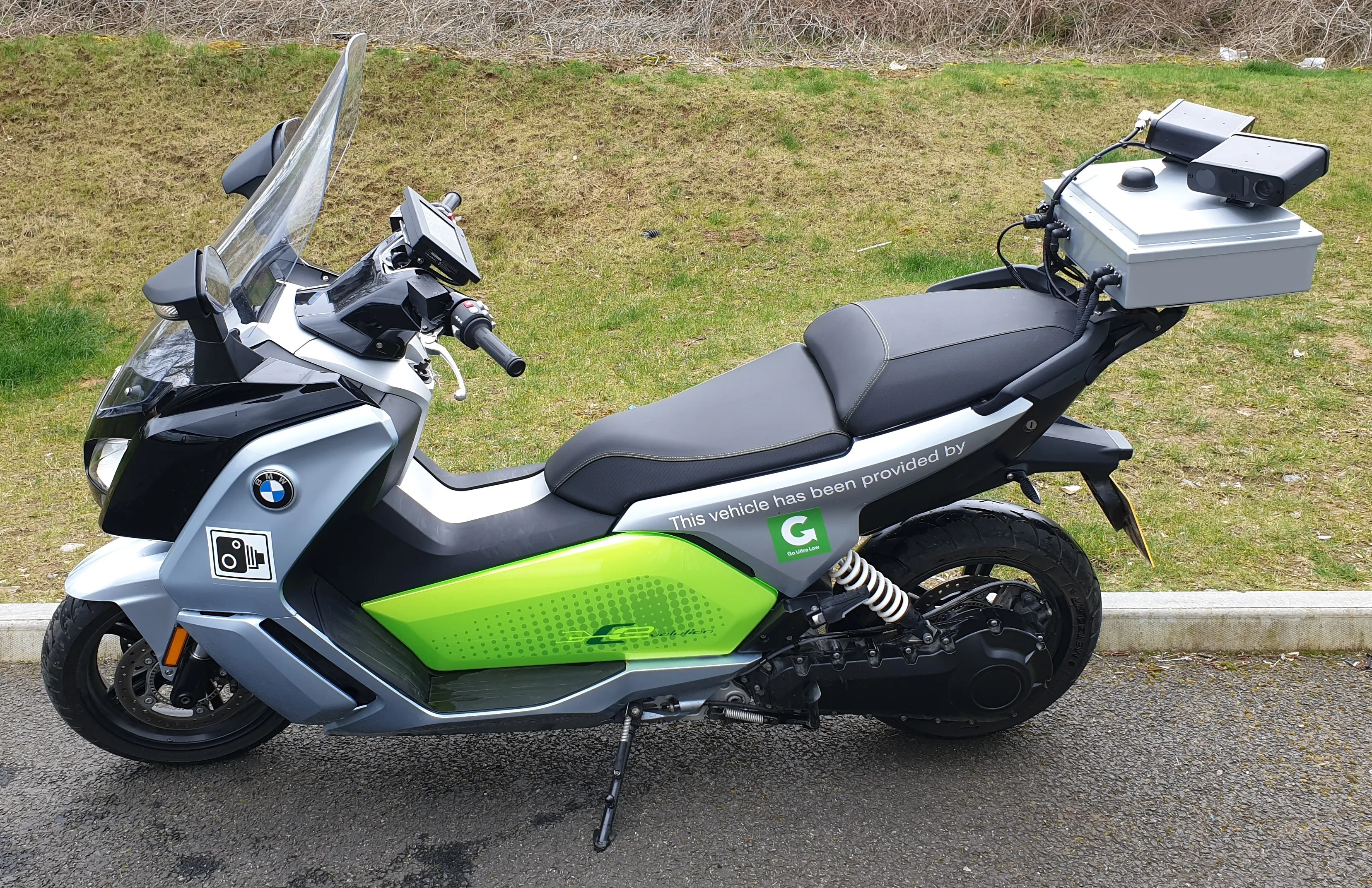PBSC Urban Solutions is adding 120 electric bikes to Bixi Montréal’s fleet in a pilot project taking place in the Canadian province until 15 November.
PBSC says its E-Fit’s central motor propels riders up to 32km/h on a full charge and has an autonomy range of up to 70km. Bixi’s fleet of trucks and warehouse in Montréal will be used to recharge the E-Fit batteries.
The E-Fit electric pedal-assist bikes can be docked at any station in the network and are available to Bixi members and casual riders via th
September 5, 2019
Read time: 1 min
PBSC Urban Solutions is adding 120 electric bikes to Bixi Montréal’s fleet in a pilot project taking place in the Canadian province until 15 November.
PBSC says its E-Fit’s central motor propels riders up to 32km/h on a full charge and has an autonomy range of up to 70km. Bixi’s fleet of trucks and warehouse in Montréal will be used to recharge the E-Fit batteries.
The E-Fit electric pedal-assist bikes can be docked at any station in the network and are available to Bixi members and casual riders via the dedicated mobile app, the company adds.









